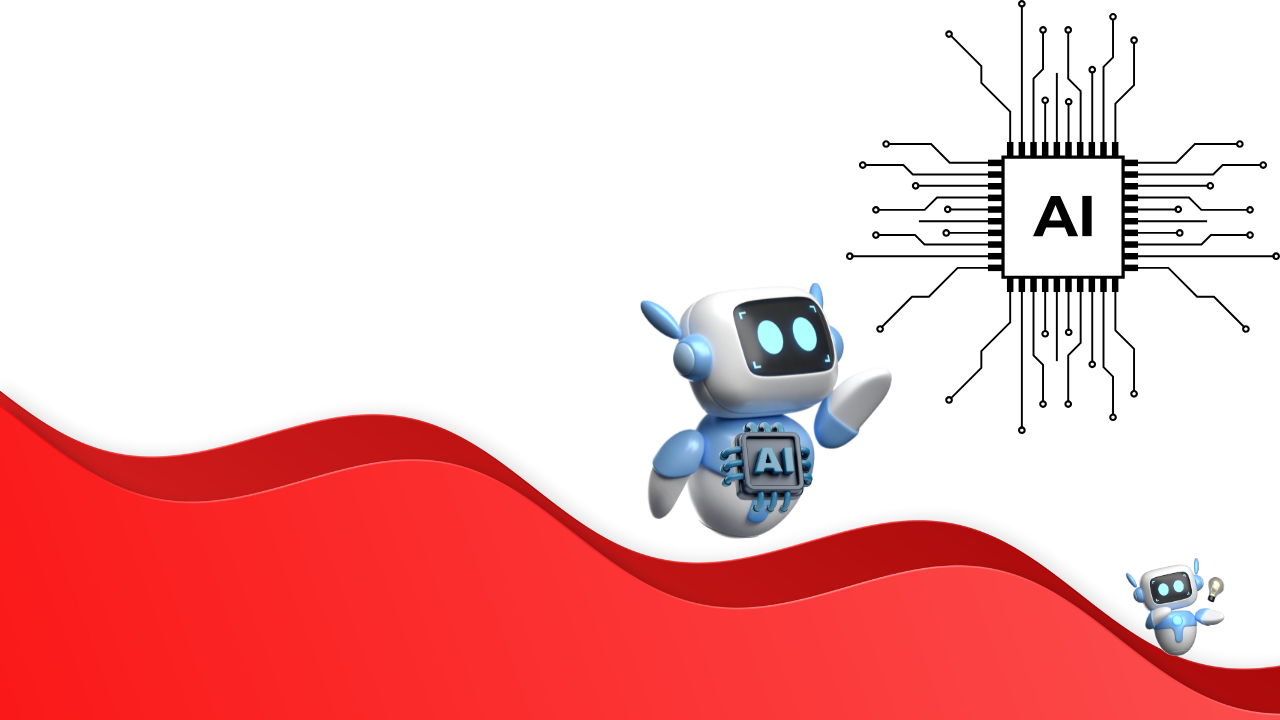The AI Layoff Tsunami is poised to trigger a significant wave of AI-driven job displacement, particularly impacting sectors traditionally associated with “Red America.” This could challenge foundational conservative beliefs about work, dignity, and self-reliance.
As AI systems become capable of performing tasks ranging from driving and coding to customer service and medical diagnoses—often faster and more cost-effectively than humans—the question of how society will adapt to a labor market with drastically reduced human demand becomes urgent. This shift is not merely economic but presents a profound ideological challenge for political philosophies that tether individual worth and liberty to employment in a traditional sense.
Key Takeaways
- AI is set to cause widespread job displacement.
- “Red America” and its core values face a significant challenge from AI-driven unemployment.
- AI can now automate tasks across various sectors, from blue-collar to white-collar jobs.
- The displacement may force a re-evaluation of social contracts and economic policies.
Table of Contents
The Inevitable AI Transformation of the Workforce
The advancement of AI technologies is not just an incremental change but a transformative force that will reshape the global labor market at an unprecedented scale. Experts and recent trends suggest that AI’s capabilities extend far beyond automating repetitive tasks, now encroaching on roles previously thought to be secure, including those requiring cognitive skills and specialized knowledge.
Reports from institutions like the International Monetary Fund (IMF) and Goldman Sachs indicate that AI could impact a significant percentage of jobs globally. Some estimates suggest up to 40% of jobs worldwide and 60% in advanced economies could be affected. This disruption is already being observed, with major tech companies like Microsoft linking recent layoffs to strategic realignments towards AI and a push for leaner, more automated organizations.
The automation potential of AI spans various sectors: customer service, administrative roles, financial analysis, legal research, and even some aspects of software development. As AI systems become more sophisticated, their ability to handle complex, rule-based, and data-intensive tasks at scale renders many human roles economically irrelevant. This means that job displacement will not be confined to a specific demographic or skill level but will be a broad phenomenon.
The Ideological Crossroads for “Red America”
For those in “Red America,” defined by a strong emphasis on work as a source of dignity, self-reliance as the bedrock of liberty, and markets as the ultimate rewarder of effort, the impending AI-driven job displacement poses a particularly acute ideological crisis. The core belief that consistent employment guarantees a path to self-sufficiency and societal contribution is fundamentally challenged when the labor market simply no longer requires vast swathes of human labor.
When millions of hardworking individuals are rendered economically obsolete, not due to a lack of effort or motivation, but because AI can perform their tasks faster and cheaper, a critical question arises: What is the societal plan for these displaced workers? The current framework, which ties basic survival to employment, becomes increasingly unsustainable in such a scenario.
This situation presents a historic crossroads. One path involves clinging to the fading vision of self-sufficiency, risking widespread economic obsolescence that could metastasize into social unrest and populist rage. The alternative, however painful and pragmatic, requires evolving towards a new social contract. This new contract would acknowledge that if markets can no longer provide employment for everyone, society might need to provide for its citizens simply for their existence, not as charity, but as compensation for their exclusion from an increasingly automated economy.
Navigating the AI Tsunami: A Societal Imperative
The AI layoff tsunami necessitates a fundamental reimagining of work, value, and societal structure. While AI is undeniably a force multiplier for productivity and innovation, its rapid integration demands proactive measures to mitigate widespread job loss and prevent social upheaval.
This includes significant investment in upskilling and reskilling initiatives to equip the workforce with AI-complementary skills, such as critical thinking, creativity, emotional intelligence, and complex problem-solving—abilities that remain distinctively human. Furthermore, discussions around new economic models, such as universal basic income (UBI) or other forms of wealth redistribution, may become increasingly pertinent as a means to ensure societal stability and well-being in an AI-dominated future.
The challenge extends beyond technological adoption; it is a deeply human problem that requires balancing efficiency with empathy, and automation with accountability. The future of work demands not just technological solutions but a collective societal effort to redefine dignity and purpose in an era where human labor is no longer the sole determinant of value.
Frequently Asked Questions
What is the “AI layoff tsunami”?
The “AI layoff tsunami” refers to the anticipated widespread job displacement caused by advancements in Artificial Intelligence. As AI becomes more capable, it can perform tasks across various sectors, leading to a reduced need for human labor and potentially a significant wave of layoffs.
How might AI-driven job displacement impact “Red America”?
AI-driven job displacement poses a significant ideological challenge to “Red America,” which traditionally emphasizes work as a source of dignity and self-reliance. If AI significantly reduces the demand for human labor, it could challenge the core conservative belief that employment is the primary path to self-sufficiency and societal contribution.
What are some potential societal responses to the AI layoff tsunami?
Potential societal responses to the AI layoff tsunami include investing in upskilling and reskilling initiatives to equip the workforce with AI-complementary skills. There are also discussions around new economic models like universal basic income (UBI) or other forms of wealth redistribution to ensure stability in an AI-dominated future.
- Top 6 Best Property Management Accounting Platforms For Small Landlords
- 12 Surprising AI Tools That Actually Make You Money (or Save You Time)
- Sam Altman Career Advice 2025
- AI frontrunners bottlenecks: 3 Alarming Challenges Facing Tech Leaders
- Beginner’s guide to automating business processes with AI

